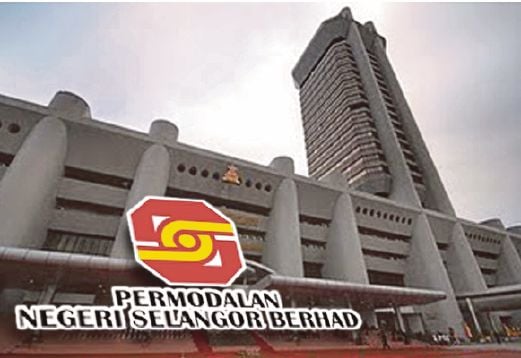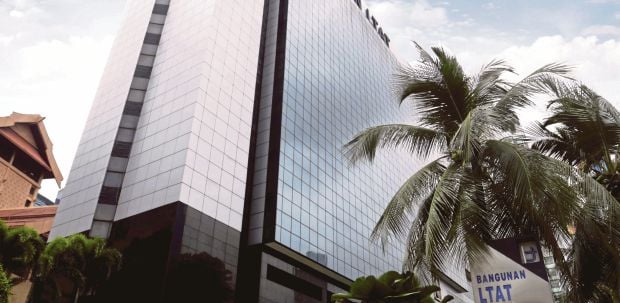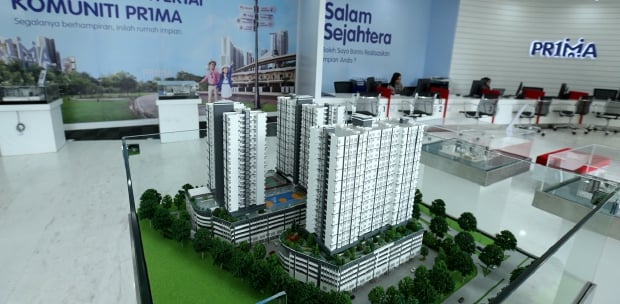SHAH ALAM: The financial performance of PNSB Development Sdn Bhd (PDSB) has been found to be wanting.
It suffered a loss of 621.2 per cent last year compared to 2013.
The loss before tax for PDSB, a wholly owned subsidiary of Permodalan Negeri Selangor Bhd (PNSB) increased by RM19.94 million last year compared to 2013 said the Auditor-General Report which was tabled in Dewan Rakyat yesterday.
PDSB, whose main activity is property development, recorded a profit of RM3.21 million after tax in 2013 while last year it recorded a loss of RM16.75 million after tax.
The loss was because PDSB did not have a main source of income throughout 2014 and its expenditure was disproportionate to its income, revealed the audit.
PDSB also incurred an accumulated loss of RM10.74 million last year.
Its current liabilities also exceeded its current assets by a total of RM62.64 million.
"The auditor has expressed doubts on company's ability to continue operation. Furthermore, PDSB's corporate governance is unsatisfactory," the report said.
Among the cause of its dismal financial performance was its failure to deliver projects on time and a delay of between 167 days to 998 days on some of its projects.
For example, as of May 2015, Phase 1 of the Alam Perdana Project has been completed while Phase 2 has been deferred, while the other five phases have yet to be implemented.
The AG report recommended that PDSB, in collaboration with PNSB to re-evaluate its original incorporation objectives, as only two projects are being implemented being 2012 and this year.
Meanwhile, an audit on Selangor Islamic Religious Council (MAIS) found that its overall waqf property management was found to be unsatisfactory.
Audit findings among others found an incomplete Waqf Property Register which was not updated, 27.5 per cent of waqf properties' ownership had not been registered, 87.6 per cent of registered waqf properties were not gazetted and 75.3 per cent of such properties benefit was untapped.
It was also discovered that development projects were not implemented according to plans, there was a delay in implementing istibdal (substitute of a waqf property), rental management was unsatisfactory and monitoring of waqf properties were unsatisfactory.





